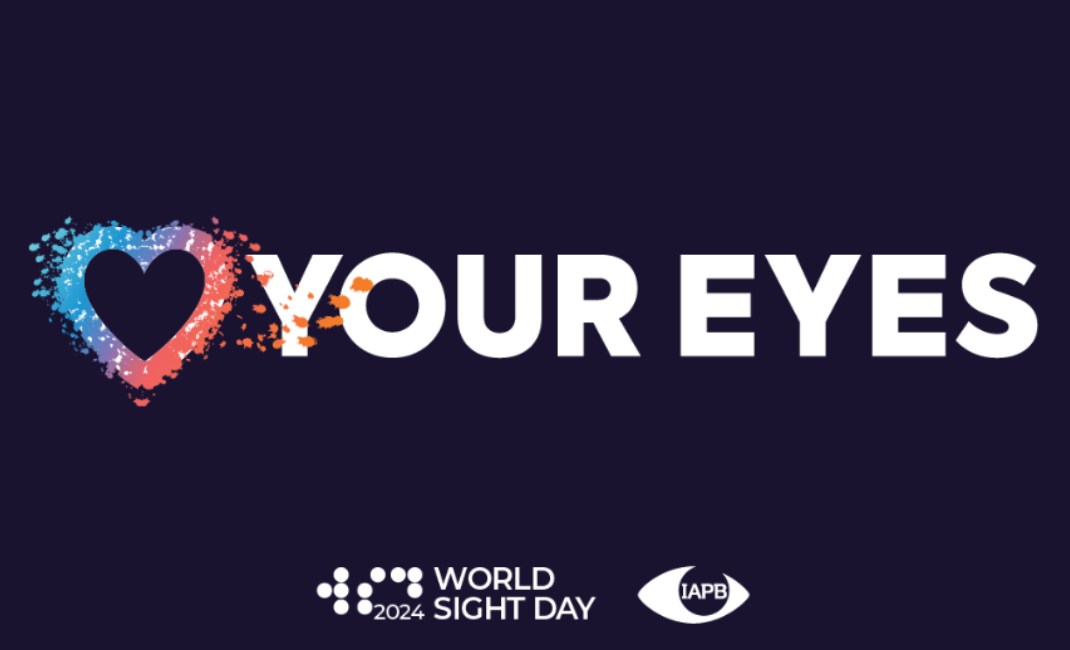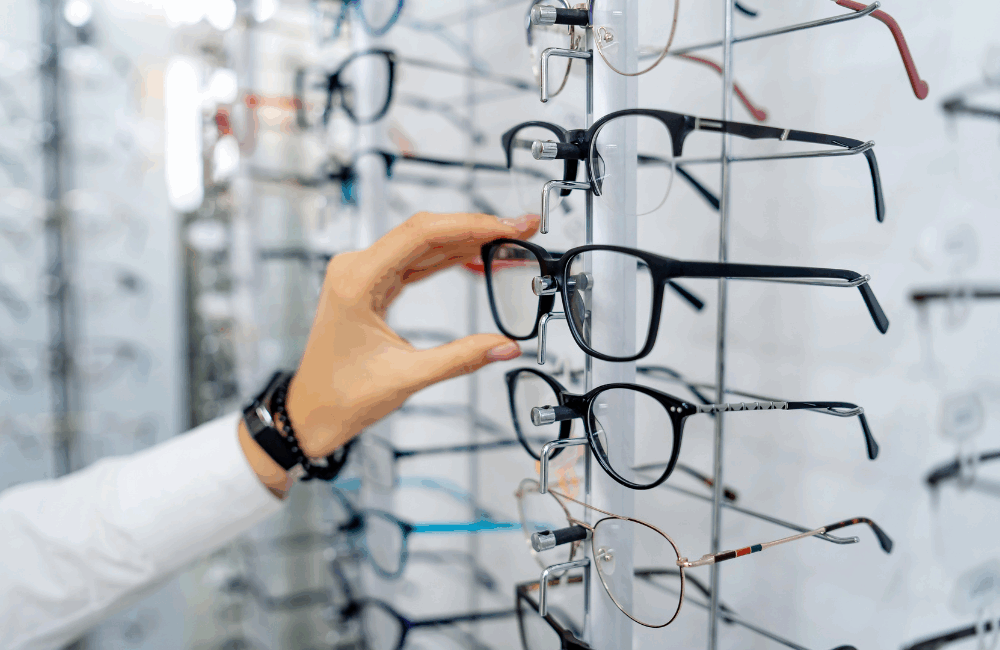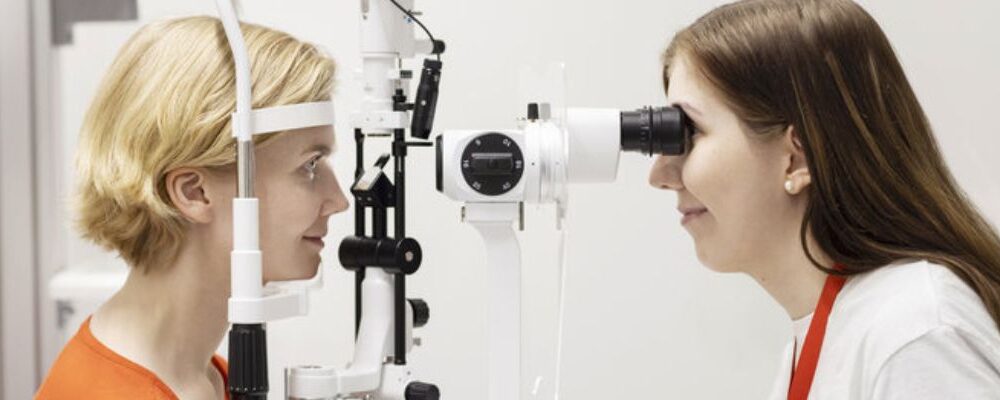
World Sight Day is celebrated on 10 October. This year, the theme focuses on children’s vision. Good eye health is crucial for a child’s learning and development. Early vision screening and proper treatment can prevent the development of long-term vision problems. Parents and teachers can help identify vision problems early, so that every child has the opportunity to develop their skills to the best of their ability.
World Sight Day is celebrated on 10 October and this year’s theme focuses on caring for children’s vision.
Good eye health can play a major role in a child’s development, learning outcomes and social interaction. Preventing and treating vision problems enables every child to learn and develop to the best of their ability. This is why it is important to detect and treat children’s visual problems as early as possible.
“Children’s vision care is particularly important at a time when children are exposed to digital devices from a very young age,” says Panu Tast, CEO of the Finnish Association for Vision and Eye Health NÄE.
Early vision screening prevents long-term problems
It is important to ensure that all children have regular eye examinations. Vision screening should always be done before starting school and afterwards, as recommended by vision care professionals. This is particularly important if there is a family history of spectacle wear or a family history of eye problems or diseases.
“The current problem is that, according to Article 16 of the Decree of Health Care Professionals, an optician is not allowed to independently prescribe spectacles to a child under the age of 8. This creates challenges in school health care, as some children have to be referred to an ophthalmologist because of their age, even if there is no other need,” says Mr Tast.
In most cases, a child’s vision problems can be easily solved with eyeglasses. Early detection also makes it possible to successfully treat certain abnormalities of the visual system. For example, early detection and treatment of functional amblyopia, strabismus, myopia, hyperopia and astigmatism will ensure accurate vision, prevent long-term vision problems and allow the child to learn normally.
“A child may not be able to tell you about vision problems. They may not know if their vision is different from the way other children of their age see. Unless there is a sudden change in vision, he may think that the way he sees or does not see is normal. This is why it is important to have a vision examination by a professional,” says Mr Tast.
Recognising the symptoms of vision problems is important
In addition to vision screening, parents and teachers should be aware of any symptoms that may indicate vision problems.
“A child’s squinting, constant rubbing of the eyes or complaining of a headache are the most common signs. It is also important to note that a child with reading difficulties or who does not want to read, or who is alternatively bored or distracted in class, may simply not see a book, screen or teacher`s presentation,” clarifies Mr Tast, explaining the symptoms associated with vision problems.
There are many ways in which parents, carers and teachers can support good eye health:
- Children should be encouraged to participate in a variety of activities. There is strong international research evidence that outdoor play supports eye health, and it is generally accepted that screen time should be limited to avoid eye strain.
- Good hygiene is also important for eye and eyelid health. Children should be taught not to touch their eyes with dirty hands and should wash their hands regularly.
- Nutrients also play an important role in eye health, so it is a good idea to ensure that your child has a balanced diet.
Supporting the use of eyeglasses and access to vision care
If your child has been prescribed spectacles or contact lenses, it is important to ensure that they wear them.
“Thankfully, we have moved into an era where glasses are accepted and trendy. There is also a lot of choice, especially in models for children,” says Mr Tast.
Vision care products and services should be available to all, regardless of income level, especiallyfor children.
“Unfortunately, Finland, like other Nordic countries, has not ensured free vision care for minors on behalf of society. Fortunately, the optical industry has picked up on this,” says Mr Tast.
Attachment: World Sight Day 2024 infographic
For more information
Panu Tast
Managing Director, the Finnish Association for Vision and Eye Health NÄE
Tel. 040 542 2227, panu.tast@naery.fi


